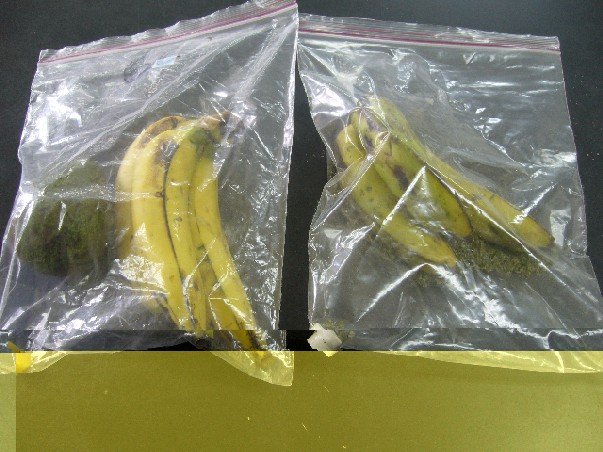Plant Biotechnology
Introduction
Plant biotechnology is a field that entails applying technology on life (plants). It is a vast field that entails producing new products in a larger faster way, deviating from the conventional way of doing the same. It can be divided into several systems depending on what each of these entails.
- Plant tissue culture
This is the easiest and the most widely adopted of the biotechnology systems. It the oldest and the most basic of them all. Its based on the fact that plants consist of totipotent cells. It entails the culture of plant parts/tissues (roots, leaves, petioles, stems, inflouresences etc)in artificial media under aseptic conditions. Tissue culture has many advantages including
- Production of clean planting materials;
- Increased productivity (Material can be availed all year round since production is not dependent on weather)
- en masse production (an individual explant can give rise to thousands of seedlings)
- Production of plants of higher viguor
- Uniform maturity of plants/products; one can easily plan for a market.
- Final produce (seedlings) is true to type.
- Enable embryo rescue
To be able to do tissue culture, one needs some basic equipments including a weighing balance, a hot plate, an autoclave, a lamina flow hood, a water distiller, an oven and a growth chamber (growth room). The main disadvantages of plant tissue culture include the fact that it is a very costly venture, it is labor intensive and it requires trained personnel to man the production unit.
|
At the end of this course the student should have learnt:
|
New terminologies
- Biotechnology-Application of technology on life
- Explant-Piece of tissue that is cultured in artificial media
- Transformation-Changing genetic constitution af an organism
- Autoclave-Equipment used for steam sterilization
- Lamina flow hood-An equipment used to provide/create aseptic conditions
About the course
The course is structured in such a way that there is an introduction, details of the course, summary and a number of questions that the student is supposed to attempt. The course will take 48hours spread over a 14-weeks period. The main examination will be a week after the completion of the course, the exact date, time and venue to be communicated later on this site.
